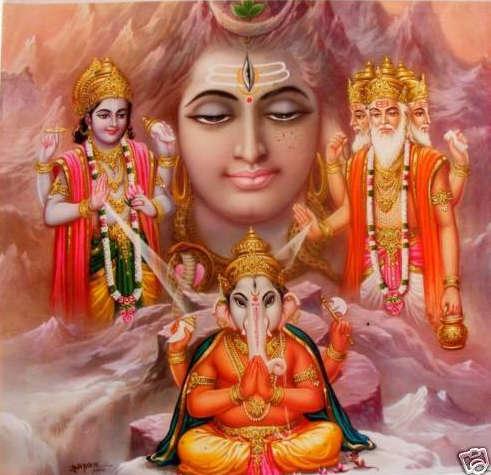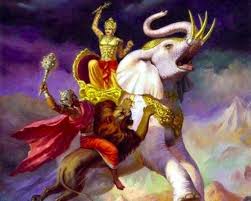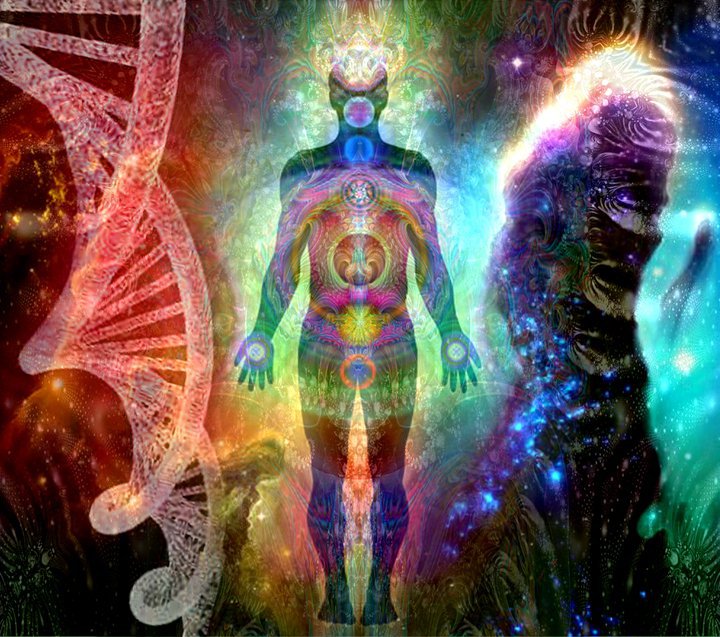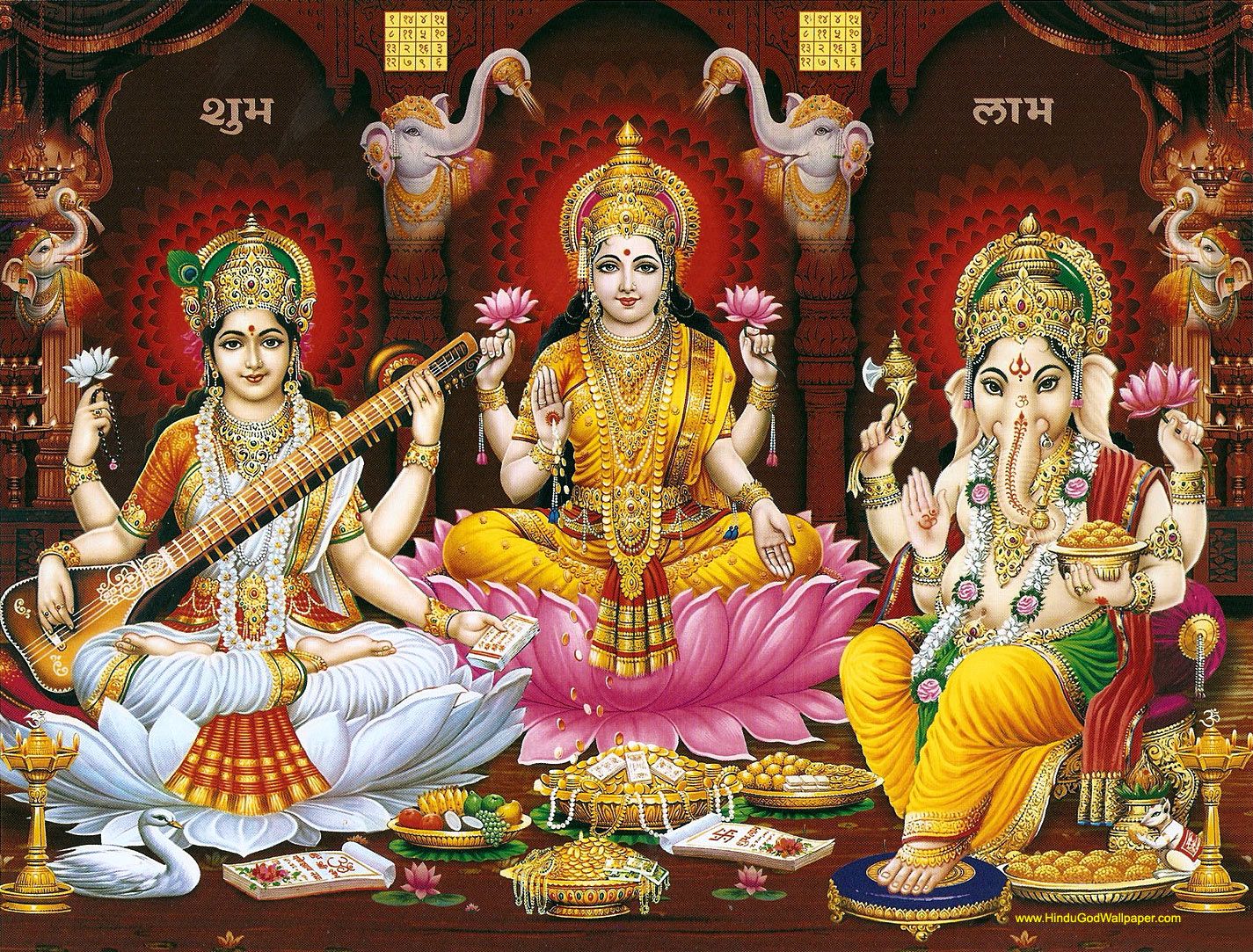Deities the immediate guardian of human
Om namo bhagavate vasudevayah
There is often considerable confusion surrounding the concept of Devatas (deities or demigods). Due to limited understanding or misinterpretation—particularly in Western contexts—they are frequently referred to as “Gods.” However, in the context of Sanatan Dharma and the Shrimad Bhagavad Gita, Devatas are elevated celestial beings who dwell in the Devaloka (heavenly realms). They function as divine administrative ministers under the authority of Lord Shri Vishnu(Lord Krishna) the Supreme God, and oversee various material and cosmic functions necessary for sustaining life across different realms.
Devatas play a vital role in the preservation and nourishment of all living beings on Earth. They provide the essential resources needed for individuals to fulfill their duties—acting like guardians who ensure that our basic and cosmic needs are met. Therefore, reverence and gratitude toward the Devatas is not only encouraged but is considered a sacred responsibility. This relationship between humans and Devatas is part of the divine cosmic order established by the Supreme Lord. Human civilization can truly thrive only when this sacred alliance remains balanced and intact.
To emphasize this profound truth, let us turn to the words of Shri Krishna in the Shrimad Bhagavad Gita:
________________________________________
Te deva bhavayantu vah devan bhavayatanena
parasparam bhavayantah sreyah param avapsyatha
“By this Yajna (sacrifice), you nourish the Devatas, and they, in turn, will nourish you. Thus, by mutually sustaining one another, you shall attain the highest good.”
--
Chapter 3, Shloka 11
tair dattan apradayaibhyo yo bhunkte stena eva sah
istan bhogan hi vo deva dasyante yajna-bhavitah
“Being pleased by the performance of Yajna, the Devatas will bestow upon you all the necessities of life. But one who enjoys these offerings without sharing them with others is indeed a thief.”
--
Chapter 3, Shloka 12
From these verses, we derive three key principles:
1. Devatas are divinely appointed to nurture and support all beings.
2. Humans are expected to honor and please the Devatas through righteous deeds and varies warship methods.
3. In response, the Devatas provide the necessary elements for life and duty.
This establishes a clear and reciprocal relationship. As the scriptures affirm, Devatas are not independent gods but empowered agents of the Supreme Lord. They were created to facilitate the smooth functioning of creation and the welfare of all life. According to the divine order set forth by Lord Shri Krishna, when humans uphold their dharmic duties and offer due respect to the Devatas, they receive both material and spiritual sustenance in return. This balance—rooted in cosmic interdependence—is essential to maintaining harmony in the universe.
Thus, there should be no ambiguity regarding the importance of Devata worship. It is neither polytheism nor idol worship, as often misunderstood, but rather a recognition of the divine hierarchy and an expression of gratitude to the Supreme through His empowered agents.
Moreover, many of our ancestors, by virtue of their righteous lives and accumulated merit, ascend to higher planes of existence where they are granted limited spiritual influence. These ancestors often guide, protect, and bless their descendants. While ancestral worship may not always produce immediate, visible outcomes, it is considered spiritually beneficial and aligns with the broader principles of Sanatan Dharma.
Shri Hari Om Tat Sat





